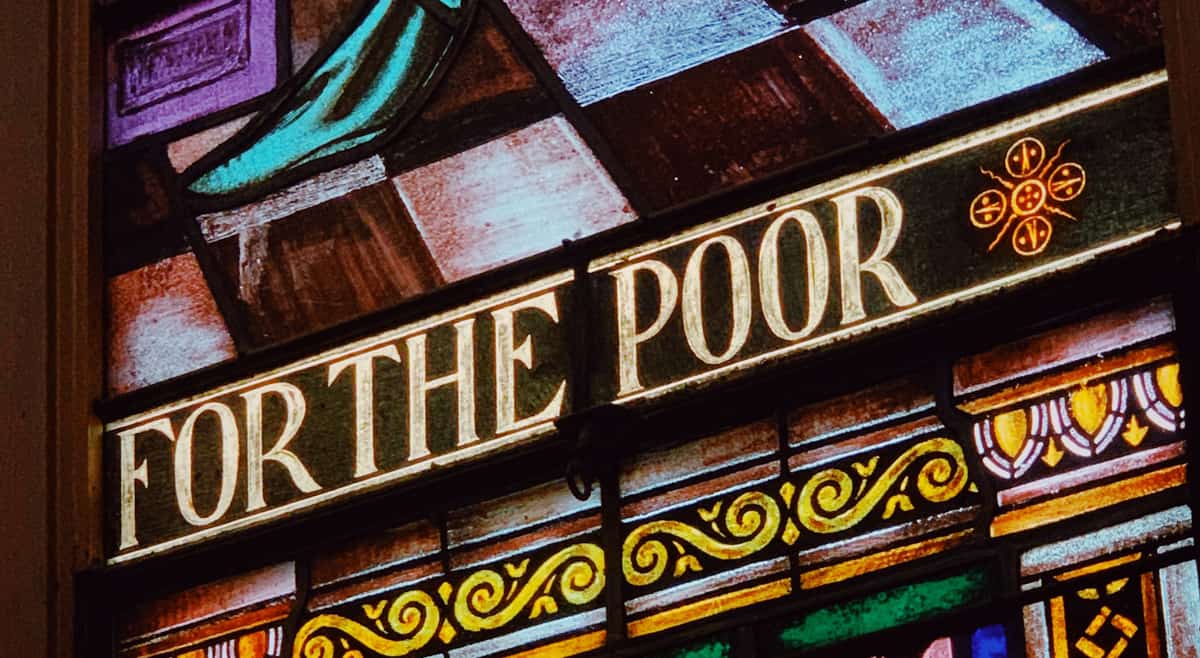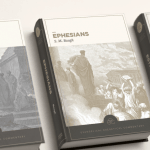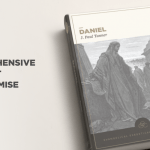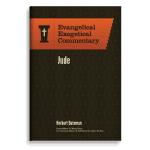
Every day the cries for social justice echo a little louder. Social media aids in spreading the word about social injustices that only seem to multiply and never fade. As our awareness of social injustices increase, we are seeing more and more people not only stand against the injustices, but also actively work to stop it. Thankfully, many Christians are leading the charge. Yet, they are not alone as many non-Christians are fighting the social injustices alongside them. That both Christians and non-Christians appear to have the same end-goal is intriguing. Have you ever wondered if there were any differences—or should there be any differences—between how the two groups approach social justice issues?
Biblical discussions about social justice often involve Amos. After all, he is considered the prophet of social justice, and for good reason. Amos is quite harsh as he condemns Israel for their many social injustices: trampling on the poor like they were dirt (2:7), exploiting the weak and crushing the needy (4:1), extorting unfair taxes from the poor (5:11), taking bribes and denying justice to the needy (5:12), and stealing from the people in the marketplace (8:5). Amos was not afraid to expose these sins that oppressed the poor and needy—and neither should we be afraid!
When we talk about Amos’ social justice today, we need to pause and consider how we define “social justice” and consider if it a fair description of Amos’ prophecies. The term “social justice” today refers to injustices brought about because of disparities between wealth and privilege, and opportunities denied to certain groups. Yes, Amos absolutely condemns Israel for these reasons. But when you read Amos, you will see that these types of sins are intermingled with what we would call religious sins. These include, among other things, worshipping false gods (2:8), doing acts of worship while their heart is far from God (4:5-6, 8:5), and traveling to cultic sites to worship false gods (5:5).
Amos’ cry against social injustice is loud and clear, but that is only a portion of his message. There is no division for Amos, nor in the Bible at all, between “social justice” and these so-called “religious issues.” They are intertwined, mentioned in the same breath.
To help us understand how social justice fits together with the “religious sins,” we should look at the imperatives in Amos. Out of all nine chapters, there are only two passages where he commands Israel to change their current actions. In both of these passages his focus is on changing the people’s relationship with Yahweh, not on the social justice issues he also condemns them for.
The first of these two passages (Amos 4:4-5) uses sarcasm to instruct them to stop worshipping false gods and doing hollow acts of worship.
“Go, to Bethel and sin!
Go to Gilgal! Sin even more!
And bring your sacrifices every morning,
Your tithe every three days.
And offer up your thanksgiving bread,
And proclaim freewill offerings! Make them known!
For you love to do this, O Israelites,”
Declares my Lord Yahweh.”
In the second passage (Amos 5:4-23), he again focuses on their relationship with Yahweh, with a brief mention of what we call “social justice” today.
Seek me so that you will live! (5:4)
Seek Yahweh so that you will live! (5:6)
Seek good and not evil in order to live, (5:14)
Hate what is evil and love what is good,
And establish justice in the city gates (5:15)
Remove from me the noise of your songs, (5:23)
These two passages should help us reconsider how we view the current emphasis on social justice. The majority of Amos’ instructions on what the Israelites should do focuses on their relationship with Yahweh, and only two verses (5:14-15) include the concept of “social justice.” These are not two separate ideas. Rather, for true social justice to happen, one must follow the other. The Israelites abandoned social justice because they abandoned Yahweh. True justice in all areas will only occur when people sincerely seek Yahweh.
As we long and fight for social justice today, may we do so with Amos firmly in mind. May we realize that while we desire better laws, better judgments, and better social interactions, we as Christians should be longing first and foremost for people to seek Yahweh.
It is good to encourage people to hate evil and seek good and to do justice. But we must remember that this alone cannot be our cry. We must cry out the full message of the gospel that we see in Amos. While we work for, long for, and pray for social justice, we must be careful that we do not separate it from the foundational cry for people to seek Yahweh. Neither can we proclaim the full message of the gospel and leave out social justice.
Let us read and ponder Amos and learn from him.
This guest post was written by JoAnna Hoyt, author of Amos, Jonah & Micah: Evangelical Exegetical Commentary (Lexham Press, 2019).






